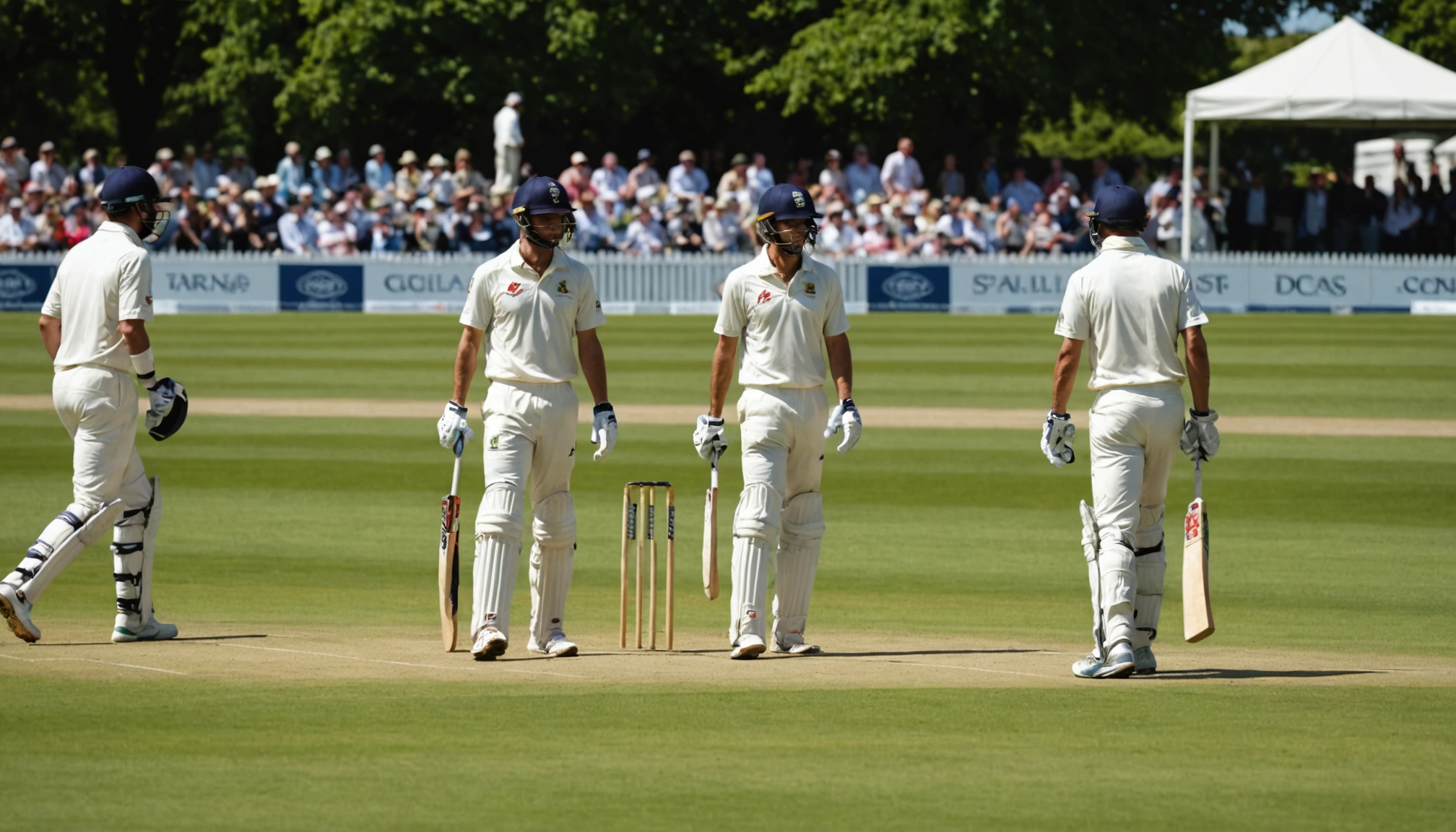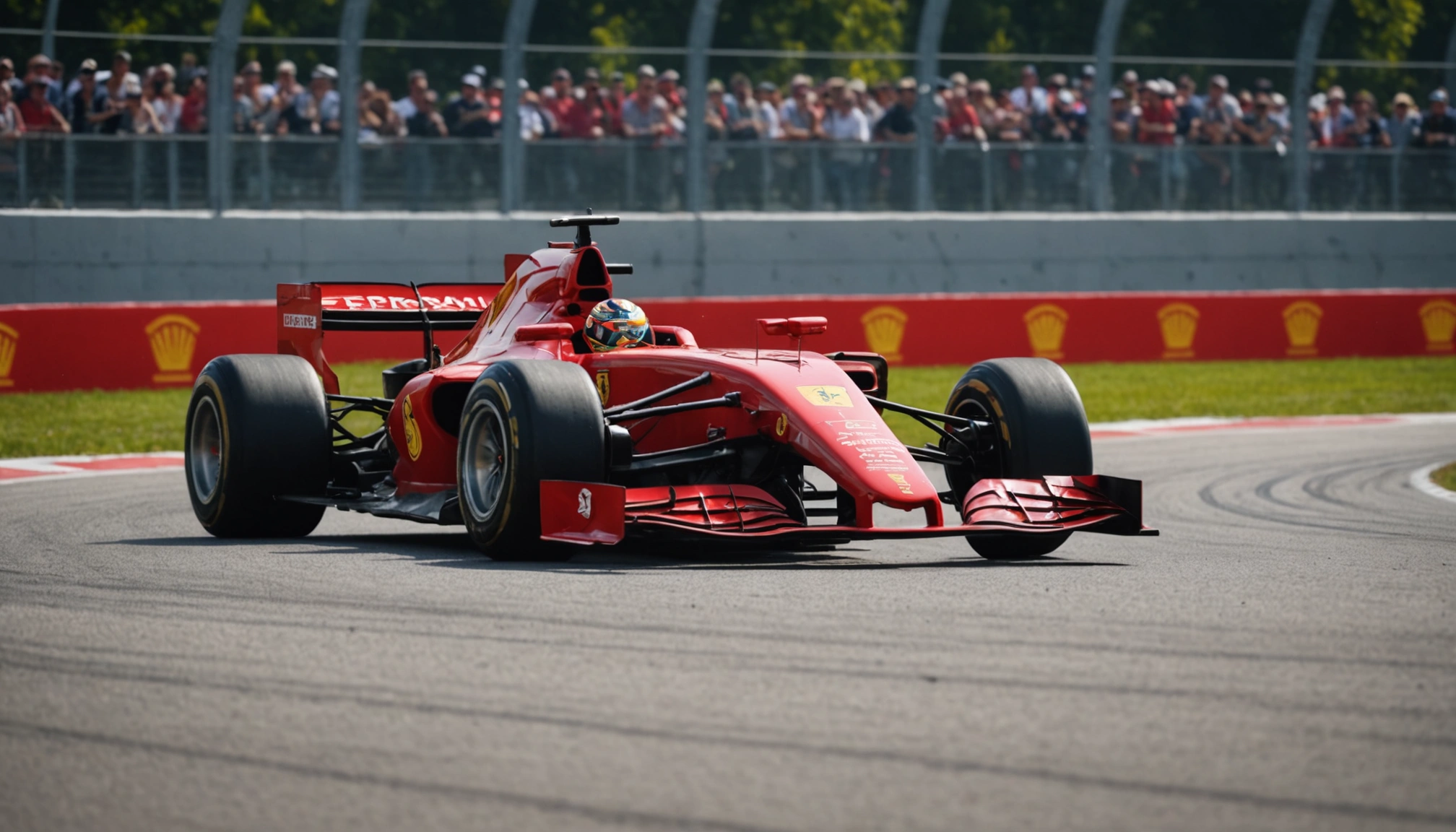Greenwood Backs Moody In His Fight Against Motor Neurone Disease
Will Greenwood stands firmly behind Lewis Moody after his MND diagnosis, highlighting Moody's strength and the rugby community's support for the former England star.

By Editorial
Introduction To Lewis Moody's Diagnosis And Support
Lewis Moody, former England rugby captain and celebrated Leicester Tigers legend, recently revealed his diagnosis with motor neurone disease (MND), a devastating progressive neurological condition. The announcement sent ripples throughout the rugby community, with former team-mate and Rugby World Cup winner Will Greenwood leading the wave of support. This article explores Moody's remarkable career, the nature of MND, and the collective response from rugby's elite to back one of their own during this challenging time.
Lewis Moody's Rugby Legacy
Moody's rugby career is nothing short of stellar. Over 14 years, he made 223 appearances for Leicester Tigers, securing seven English Premiership titles and two European championships. Beyond club success, Moody earned 71 caps for England and donned the British and Irish Lions jersey three times, renowned for his ferocious competitiveness and unwavering commitment.
Andrea Pinchen, Leicester Tigers’ chief executive, praised Moody not only for his on-field achievements but also for his character, highlighting his dedication to teammates and community efforts through the Lewis Moody Foundation. This foundation has been instrumental in funding brain tumour research and supporting affected families, showcasing Moody's commitment beyond rugby.
Understanding Motor Neurone Disease And Its Impact
Motor neurone disease is a progressive neurological disorder that attacks the nerves controlling voluntary muscles, leading to muscle weakness and wasting. For athletes like Moody, who once thrived on physical strength and stamina, the diagnosis is particularly harrowing.
Notably, rugby has witnessed several figures succumb to MND, including rugby league icon Rob Burrow and British & Irish Lions legend Doddie Weir. Their battles brought greater awareness to the disease within the sporting community, emphasising the need for support and research.
Are Athletes More Susceptible To MND?
While definitive scientific conclusions are still evolving, some studies suggest that high-impact sports participants might face a slightly elevated risk due to repeated physical trauma. Regardless, the rugby community’s collective response to Moody’s diagnosis underscores a broader commitment to player welfare and medical support.
Will Greenwood's Message Of Strength And Optimism
Will Greenwood, who shared the field with Moody for both England and Leicester Tigers, expressed heartfelt support via BBC Radio 5 Live. He described Moody as “the most wonderful human” and “the most optimistic” person he knows, highlighting both his kindness and fierce competitive spirit.
Greenwood’s words resonate deeply, painting a picture of a man who, despite the diagnosis, will fight the disease with every ounce of strength. Such solidarity reflects the tight-knit nature of rugby and its players' enduring camaraderie.
Rugby Football Union And Club Support Initiatives
Bill Sweeney, chief executive of the Rugby Football Union, commended Moody’s embodiment of rugby’s core values. He assured that the RFU stands ready to provide practical and emotional support to Moody and his family during this difficult time.
Leicester Tigers have also launched fundraising initiatives to assist with medical research and family support, encouraging fans and the wider community to contribute. These efforts exemplify how the sport rallies around its heroes, much like the recent support campaigns highlighted in Jacob Bethell reflects on his England summer, where community engagement plays a crucial role.
The Broader Impact Of MND On Rugby And Future Directions
Moody's diagnosis has reignited conversations about player health, long-term neurological risks, and the need for enhanced medical protocols in contact sports. Rugby union, with its physical demands, faces ongoing scrutiny regarding concussion management and injury prevention.
Experts advocate for increased funding into neurological research and improved support frameworks for retired athletes. Moody’s openness helps de-stigmatise MND and encourages others to seek help early.
Lessons From Past Cases
Reflecting on Rob Burrow and Doddie Weir's public battles with MND reveals the power of visibility and advocacy. Weir’s efforts, for instance, led to the establishment of the Doddie Weir Foundation, which has raised millions for MND research.
Moody’s situation could further galvanise the rugby community and medical researchers alike, fostering advancements in treatment and care.
Conclusion: Rallying Around A Rugby Legend
Lewis Moody’s courageous confrontation with motor neurone disease marks a poignant moment for rugby union in the UK. The combined support from former teammates like Will Greenwood, the RFU, Leicester Tigers, and fans underscores the sport’s profound sense of unity and resilience.
As Moody embarks on this difficult journey, the rugby world stands firmly behind him, championing awareness, research, and compassion. His story is a powerful reminder of sport's ability to inspire both on and off the pitch, much like the incredible comebacks and challenges faced by athletes across disciplines, as seen in stories like how Josh Allen led Bills to stunning comeback against Ravens.
For all rugby supporters and the wider public, Lewis Moody's fight against MND is a call to action—to support research, aid affected families, and celebrate the enduring spirit of those who have given so much to the game.
Related topics
Editorial
Sports expert at SportsScoop
Specialist in sports analysis and journalism
Related articles
Want to read more?
Explore our comprehensive collection of sports articles and analysis, or contact us for more information.



